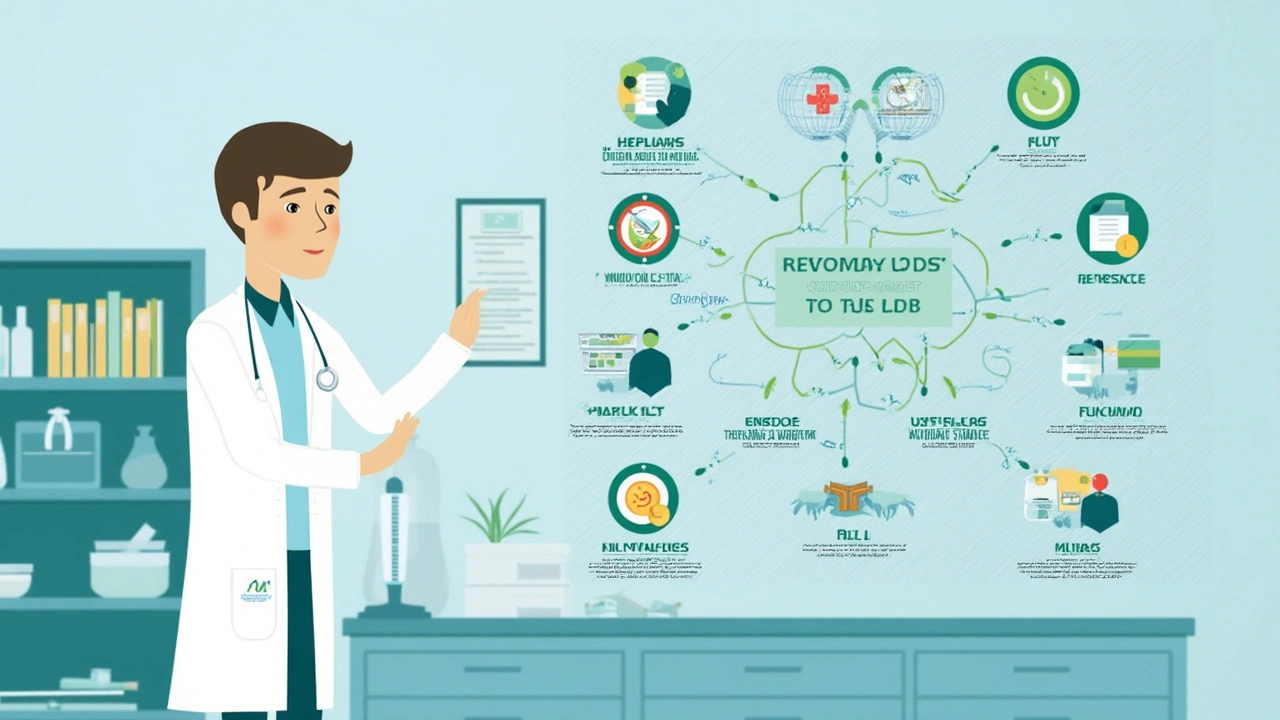Parasite treatments: what works, what’s safe, and how to save
Parasites hide in water, food, soil, and even pets. They can cause stomach pain, diarrhea, itching, or slow weight loss. The good news: most common parasitic infections are treatable with short courses of medicine. This page gives clear, practical steps to help you spot problems, choose treatment, and avoid overpaying.
Common treatments that actually work
Different parasites need different drugs. For intestinal worms like roundworms, pinworms, and hookworms, albendazole or mebendazole are the usual choices. Ivermectin works well for strongyloidiasis and scabies in many cases. Praziquantel treats tapeworms and fluke infections. Metronidazole or tinidazole target some protozoa like Giardia and Entamoeba.
Most courses are short — a single dose or a few days — but dosing varies by age and weight. Don’t guess: follow a doctor’s instruction or the pharmacy leaflet. Some medicines are not safe during pregnancy or for young kids, so check first.
How to get safe, affordable medicine
If cost matters, shop smart. Use licensed pharmacies, compare prices, and look for verified discount programs. Buying from unknown sites can mean fake or expired medicine. If you order online, pick pharmacies that ask for a prescription when needed and show clear contact info and licensing.
Generic versions of albendazole, mebendazole, ivermectin, praziquantel, and metronidazole are usually much cheaper and work the same as brand names. Ask your doctor or pharmacist about generics and any available coupons or patient assistance programs.
Quick safety checklist before taking any antiparasitic:
- Confirm the diagnosis with a stool test or doctor’s exam when possible.
- Check for pregnancy, breastfeeding, or serious liver disease first.
- Review other medicines you take — some antiparasitics interact with common drugs.
- Finish the full course even if symptoms improve, unless your doctor says stop.
Prevention is often simpler than treatment. Wash hands after using the toilet and before eating, cook meat and fish thoroughly, drink clean water, avoid walking barefoot in risky areas, and deworm pets regularly. These steps cut the chance you’ll need treatment at all.
If symptoms are severe — high fever, blood in stool, trouble breathing, or fainting — get medical care right away. For milder issues, a local clinic can usually diagnose and treat cheaply. Online resources can help you compare prices, but keep safety first: the cheapest option isn’t worth fake medicine or no support.
Want help finding affordable, legit pharmacies or understanding a specific medicine? Send the drug name or your situation and we’ll point you to trusted resources and practical next steps.
